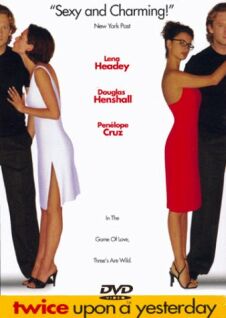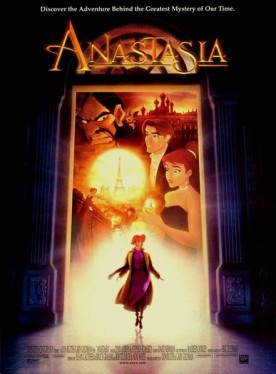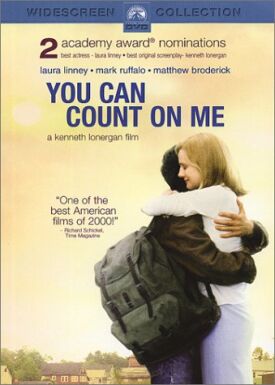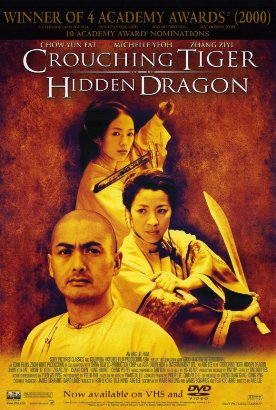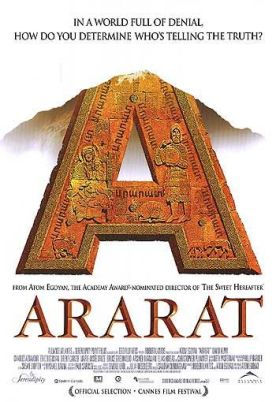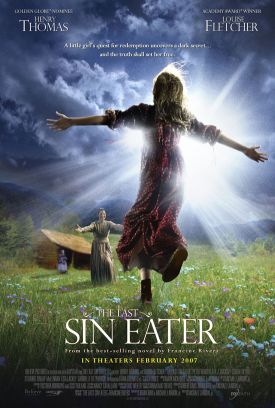Disney’s The Kid
The title of the latest movie to come out of the Evil Empire is Disney’s “The Kid”, possibly because the filmmakers were afraid that people might confuse it with the Charlie Chaplin classic of 1921—though more likely because Disney’s appalling hubris just can’t bear not to have its loathsome name on everything it produces. The Kid is not so bad as most Disney movies these days, but regular readers will understand that that is not exactly high praise in these precincts. Somewhat oddly for a multinational giant with an even more gigantic advertising budget, the film takes the viewpoint that the job of “image consultant” is somewhat disreputable. Even more oddly, the film’s image consultant, Russ Duritz (Bruce Willis), seems to have little or no interest in buffing up his own image.
In fact, we are asked to believe that, in spite of being more or less constantly rude and abrasive to clients and colleagues alike, his skills at making everyone else beloved by the media (and, of course, the masses who are its dupes) are such that he has all the business he can handle. Well, maybe some people think that a guy so unlikeable himself, who is called a “jerk” at least five times a day, is just the guy to make them likeable, but the logic of the idea escapes me. It is a necessary one, however, for the sake of the film’s premiss, which is that Russ’s eight-year old self, called Rusty (Spencer Breslin), comes back to haunt him on the eve of his 40th birthday so that he will become a better—i.e. a nicer and happier—person and do what he wanted to do at age eight instead of image consulting, which is to be a jet pilot.
Well, as you might be able to guess, the inner (now outer) child helps the adult not only to the occupation but to the wife and dog of his childish dreams, so that he is no longer, in the child’s view, a “loser.” And his adult self kindly reciprocates by getting one of his clients, a heavyweight boxing champion, to give him some tips on self-defense that will come in handy on his elementary school playground back in 1968. So that’s all right then. Everybody’s happy. The official Disney romanticism about childhood is turned into cinematic magic to create for its adult hero the perfect yuppie existence—which ought to tell you what kind of infantilism and wish-fulfilment lies behind the official Disney romanticism.
Discover more from James Bowman
Subscribe to get the latest posts to your email.



